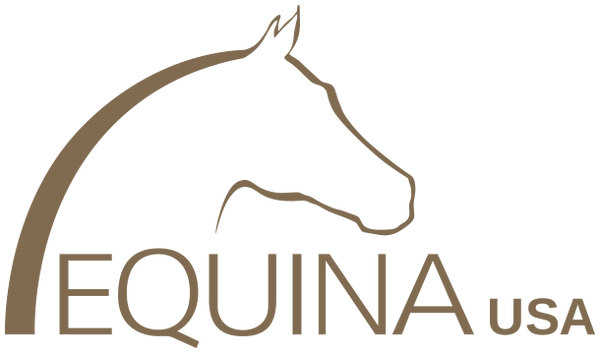
Copper - A Crucial Mineral in the Equine Diet
When it comes to the health and well-being of your horse, nutrition plays a crucial role. One mineral that is often overlooked but is essential for equine diets is copper. Copper is a vital nutrient that is involved in various physiological processes in horses, making it an important component of their diet.
Why is copper important for horses?
Copper is involved in the formation of connective tissues, such as tendons and ligaments, as well as the production of collagen. It also plays a key role in the development and maintenance of a healthy coat and skin. Copper is necessary for the absorption and utilization of iron, which is essential for the production of red blood cells and oxygen transport. Additionally, copper is involved in the function of numerous enzymes that are responsible for energy production, antioxidant defense, and immune function.
How much copper do horses need?
The National Research Council (NRC) recommends a dietary intake of 10 mg of copper per kilogram of dry matter for adult horses. However, the actual requirements may vary depending on the horse's age, breed, activity level, and reproductive status. It is important to work with a veterinarian or equine nutritionist to determine the specific copper requirements for your horse.
Sources of copper in equine diets
Copper can be obtained through the diet, and there are several sources that provide this essential mineral. Good sources of copper include fresh pasture, hay, and commercially prepared horse feeds. However, the copper content in forages can vary depending on the soil conditions in which they were grown. Therefore, it is important to have your horse's forage analyzed to ensure they are receiving adequate copper.
Signs of copper deficiency
A deficiency in copper can lead to various health issues in horses. Some common signs of copper deficiency include a dull coat, slow hair growth, poor hoof quality, decreased immune function, and anemia. If you suspect your horse may be deficient in copper, it is important to consult with a veterinarian or equine nutritionist for proper diagnosis and treatment.
Supplementing with copper
If your horse is diagnosed with a copper deficiency, your veterinarian may recommend supplementing their diet with copper. Copper supplements are available in various forms, including powders, pellets, and liquids. It is important to follow the recommended dosage provided by your veterinarian or equine nutritionist to avoid over-supplementation, as excessive copper intake can be toxic to horses.
In conclusion, copper is a crucial mineral in equine diets. It plays a vital role in various physiological processes and is essential for the overall health and well-being of horses. By ensuring your horse receives an adequate amount of copper through their diet or supplementation, you can help promote their optimal health and performance.
- Sara Perkins, DVM
